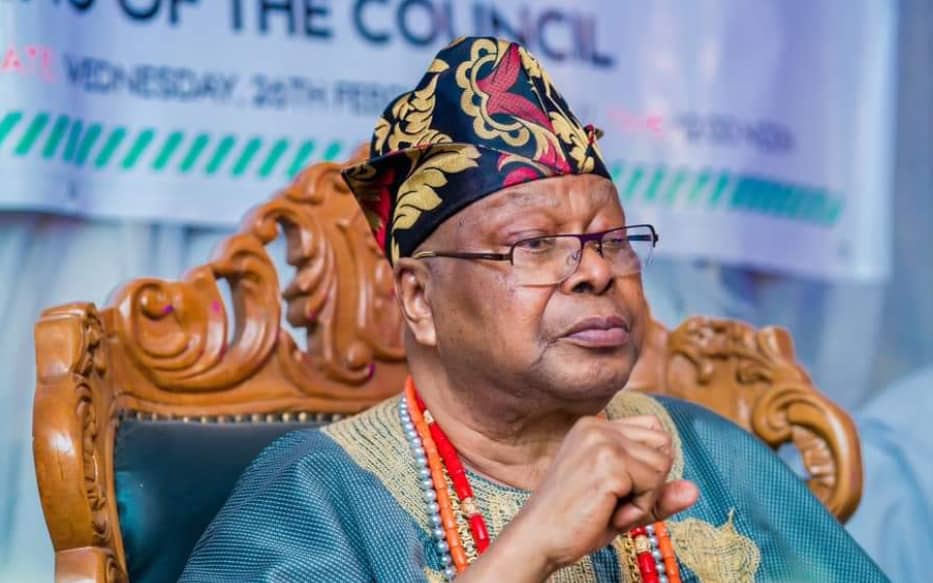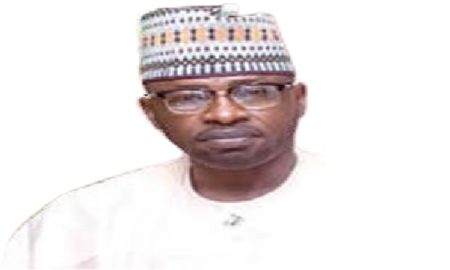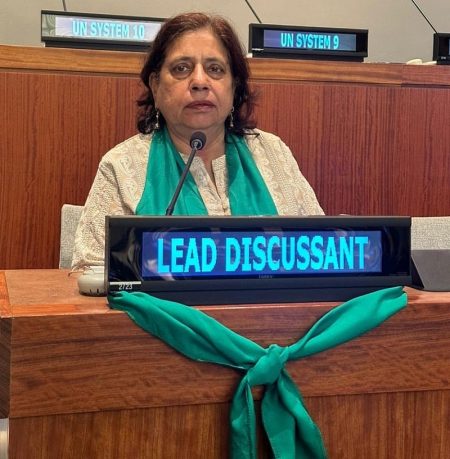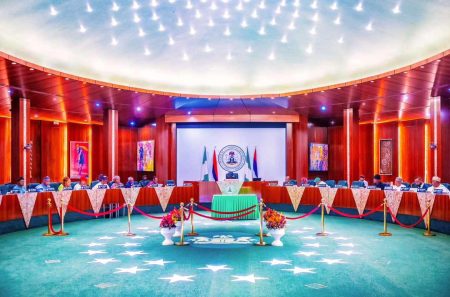The passing and subsequent burial of Oba Sikiru Kayode Adetona, the Awujale of Ijebuland, marked the end of a remarkable era for the Ijebu people and the Nigerian nation. His reign, spanning over six decades, was a testament to his unwavering commitment to his people, his astute leadership, and his profound embodiment of Yoruba cultural values. Oba Adetona’s influence extended beyond the traditional realm, impacting social, economic, and political landscapes. He was a respected voice in national affairs, advocating for justice, fairness, and the preservation of cultural heritage. His demise, at the age of 91, left a void in the traditional leadership structure of Nigeria, a void difficult to fill given his unique blend of wisdom, modernity, and unwavering principles.
Born in 1934, Oba Adetona ascended the throne at the young age of 26, a pivotal moment in Nigeria’s history as the nation transitioned from colonial rule to independence. His western education, combined with a deep understanding of Yoruba traditions, placed him in a unique position to navigate the complexities of a rapidly changing world. He embraced modernity while staunchly upholding the values and customs of his people, a delicate balance that defined his reign and earned him immense respect both locally and internationally. He modernized the traditional institution, making it more relevant and responsive to the needs of a contemporary society while preserving its cultural significance.
His burial, a solemn and private affair held at his private residence in Ijebu Ode, Ogun State, was conducted in accordance with Islamic rites. Despite the private nature of the ceremony, the outpouring of grief and respect from the Ijebu people and across Nigeria was palpable. Dignitaries from all walks of life, including political leaders, business moguls, and traditional rulers, gathered to pay their final respects to the departed monarch. Their presence underscored the profound impact Oba Adetona had on Nigerian society, transcending ethnic and religious boundaries.
The reign of Oba Adetona was marked by significant achievements in various sectors. He championed education, recognizing its transformative power and its role in societal development. He facilitated the establishment of educational institutions, encouraging the pursuit of knowledge among the Ijebu people. He also prioritized economic development, promoting initiatives that enhanced the economic well-being of his community. His commitment to cultural preservation was evident in his unwavering support for traditional festivals and his efforts to ensure the continuity of Yoruba customs and traditions.
Oba Adetona was renowned for his outspokenness and his unwavering commitment to justice and fairness. He was a fearless advocate for the rights of his people, often challenging governmental policies that he perceived as detrimental to their interests. His courage in speaking truth to power earned him the admiration of many and solidified his reputation as a principled leader unwilling to compromise on his values. He was a stabilizing force in Ijebuland, mediating disputes and fostering peaceful coexistence among diverse communities.
The legacy of Oba Sikiru Adetona will undoubtedly endure for generations to come. He was a monarch who embraced modernity without sacrificing tradition, a leader who championed the cause of his people with unwavering dedication, and a man of integrity who exemplified the best qualities of traditional leadership. His reign serves as an inspiration for present and future leaders, demonstrating the profound impact of a life dedicated to service, justice, and the preservation of cultural heritage. He will be remembered not only as the Awujale of Ijebuland but as a national icon whose contributions to Nigerian society are indelible.














